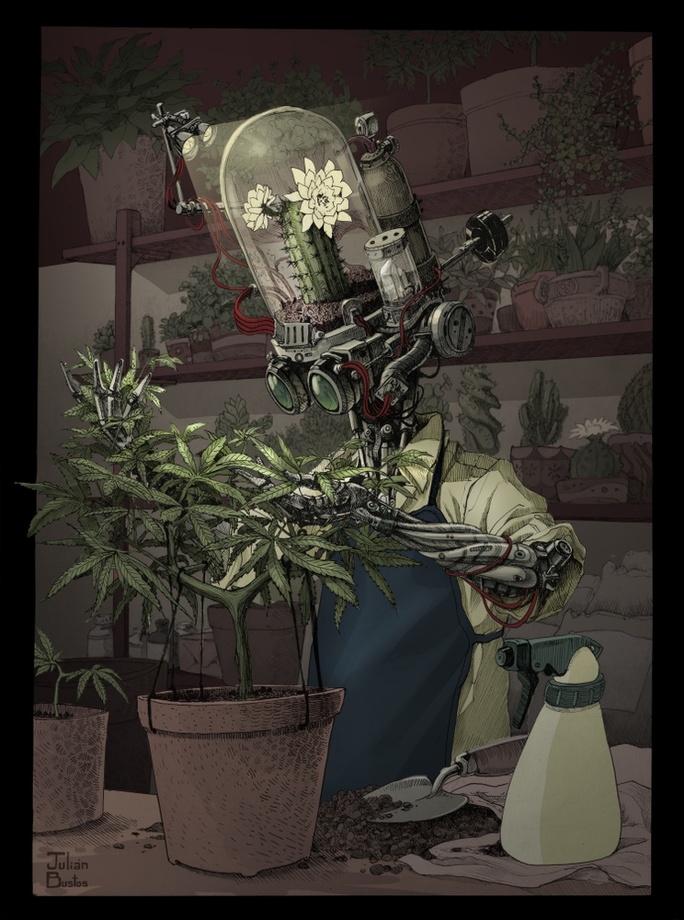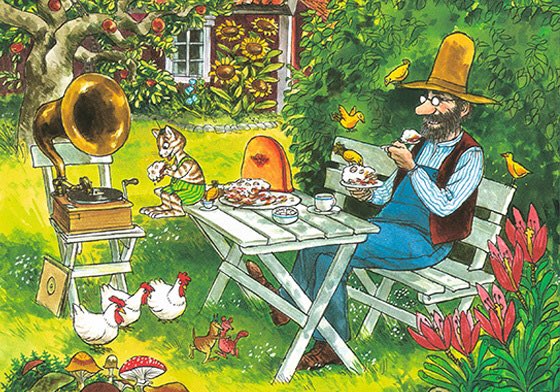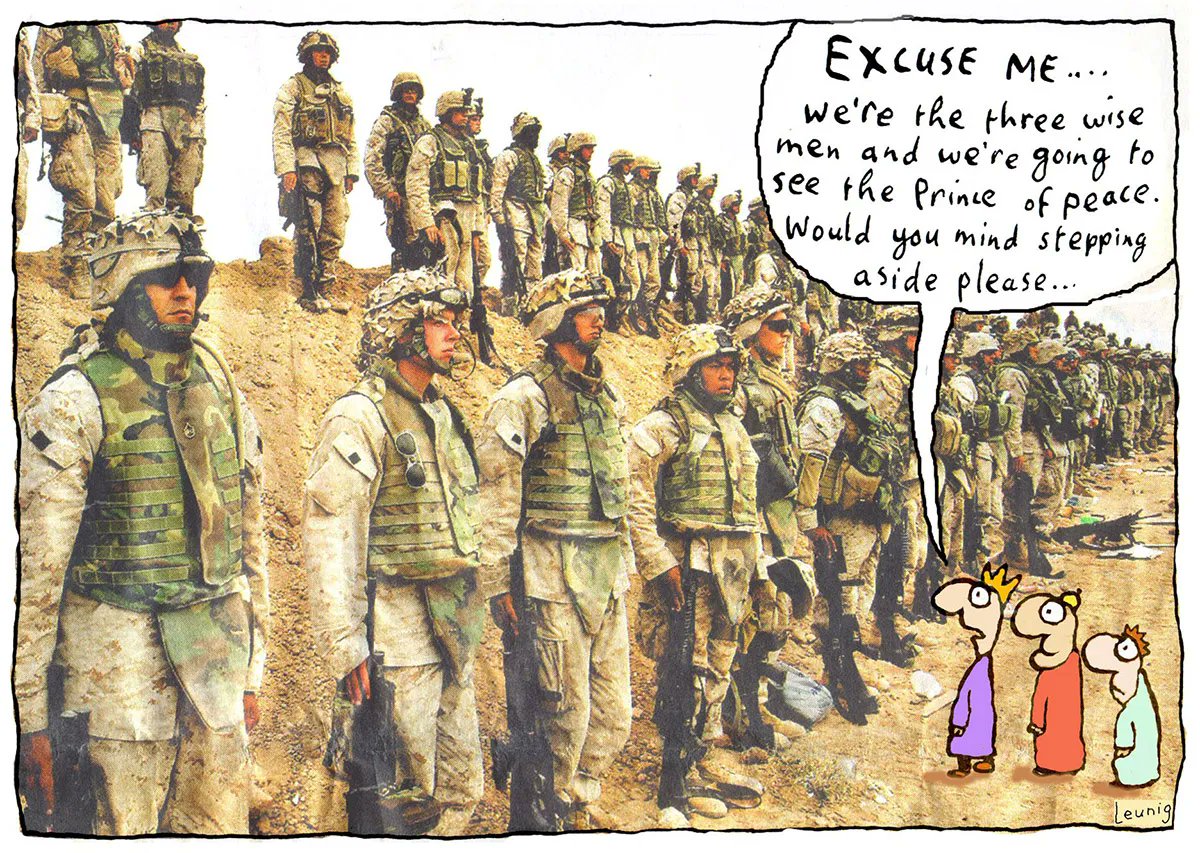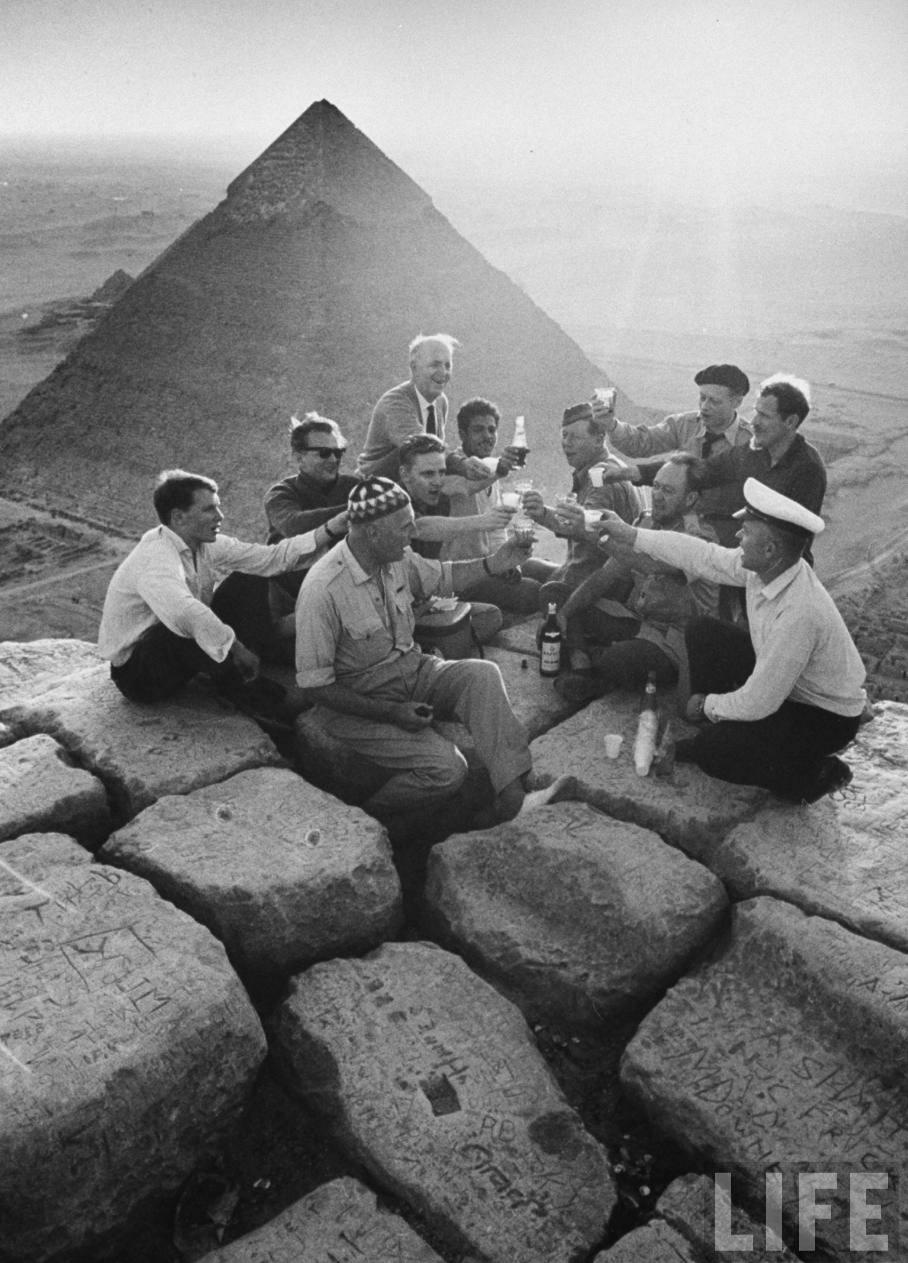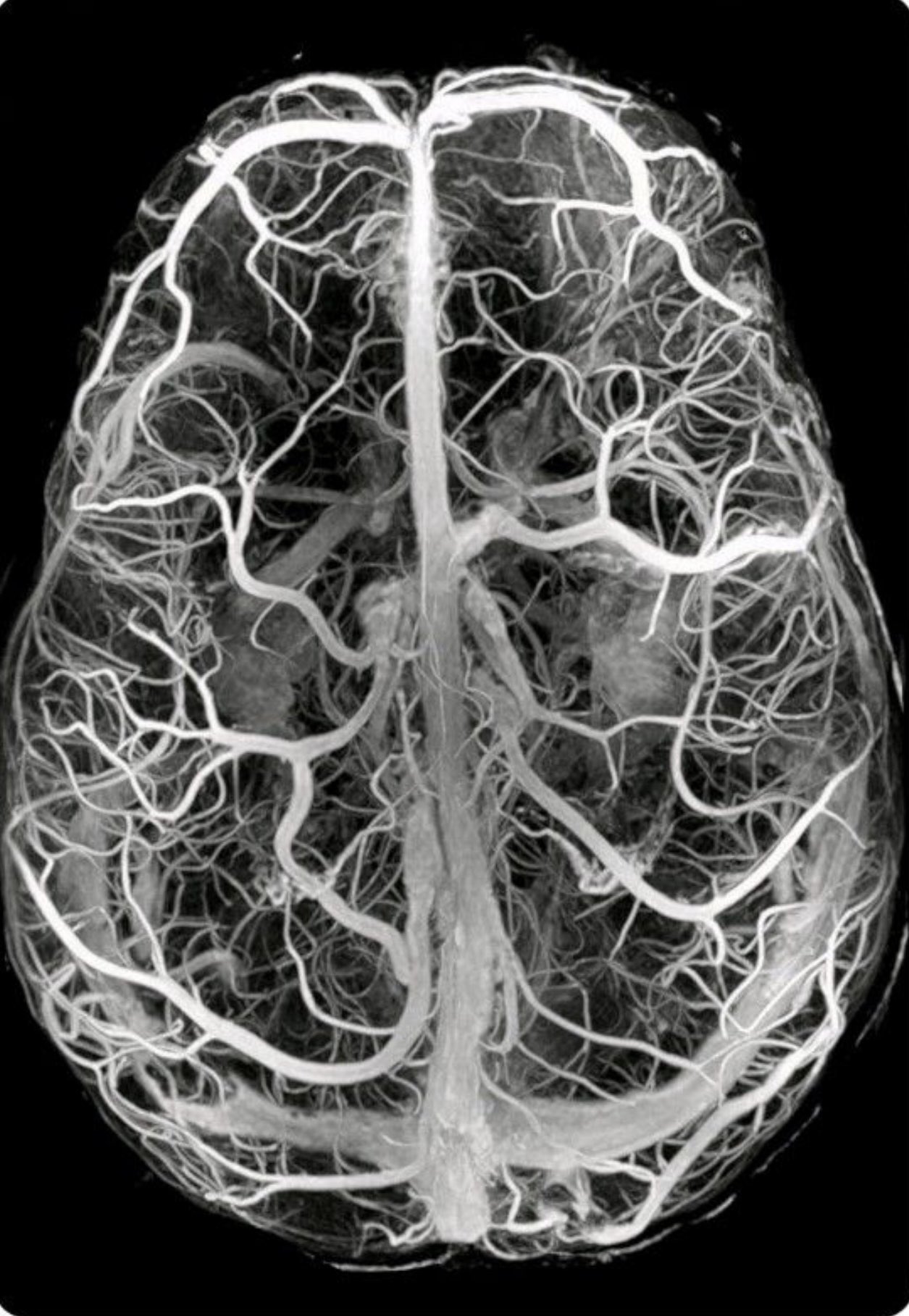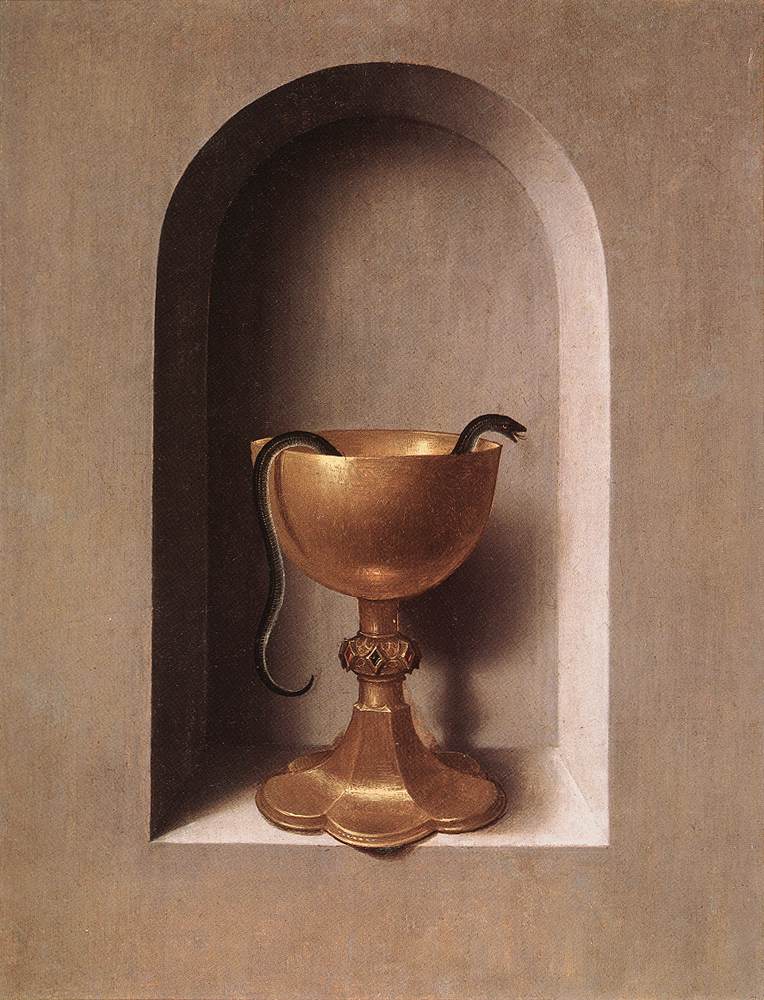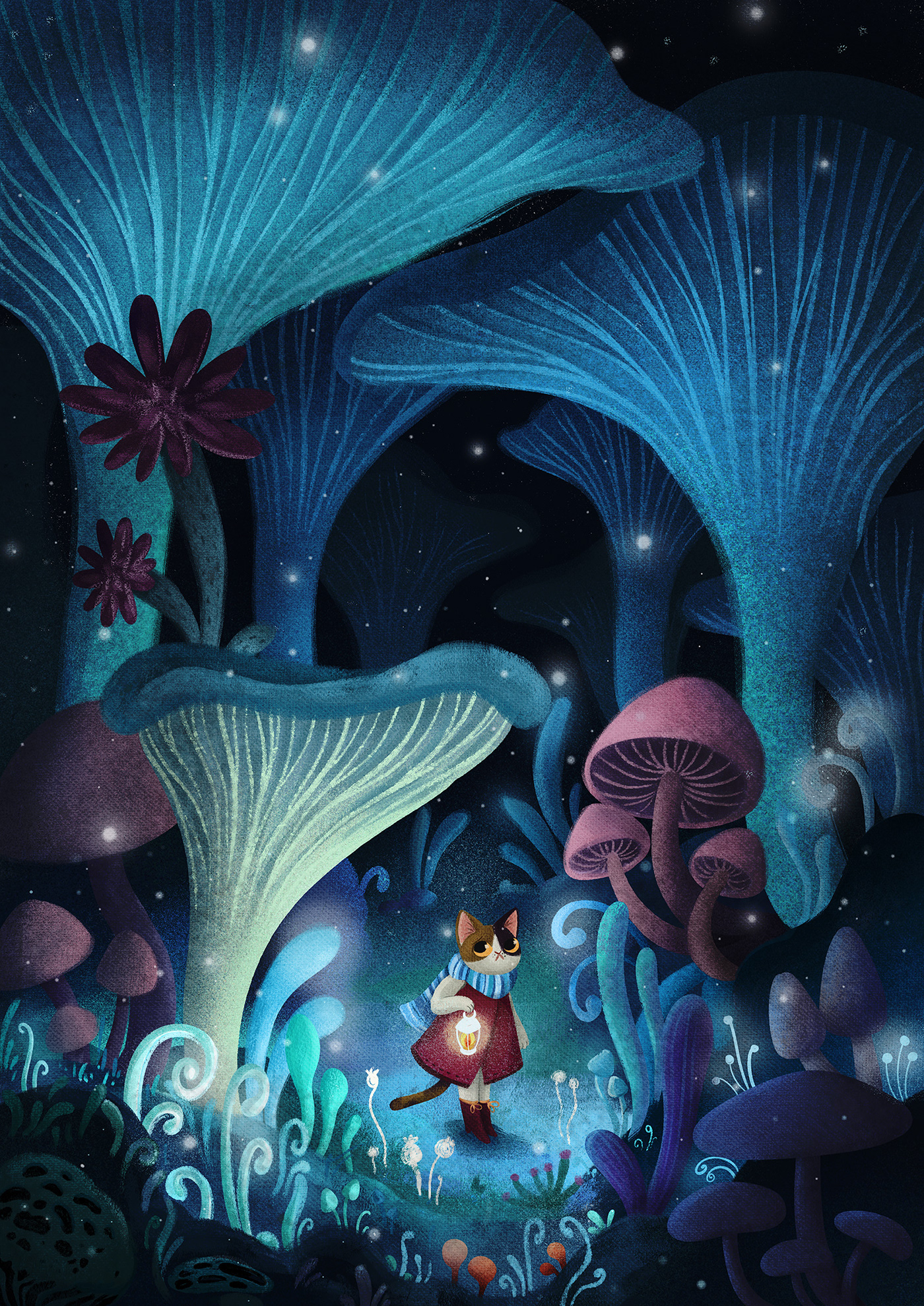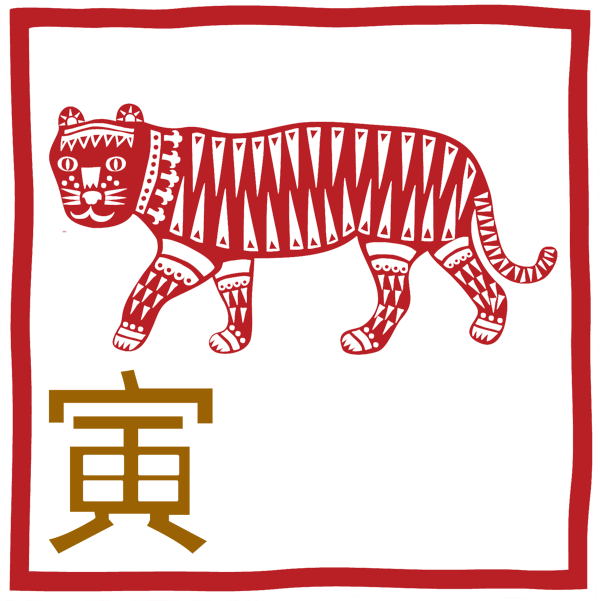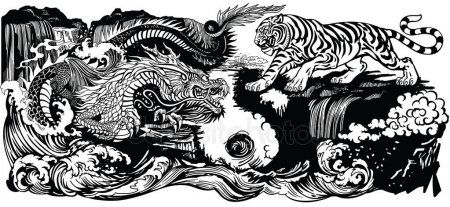"When you change the way you look at things, the things you look at change" - Max Planck
-
-
"Choose only one master - Nature" - Rembrandt
-
Enantiosis - A rhetorical device in which opposites are juxtaposed so that the contrast is striking.

-
Two trolls with a human child they have raised - Paintings by John Bauer (1913)
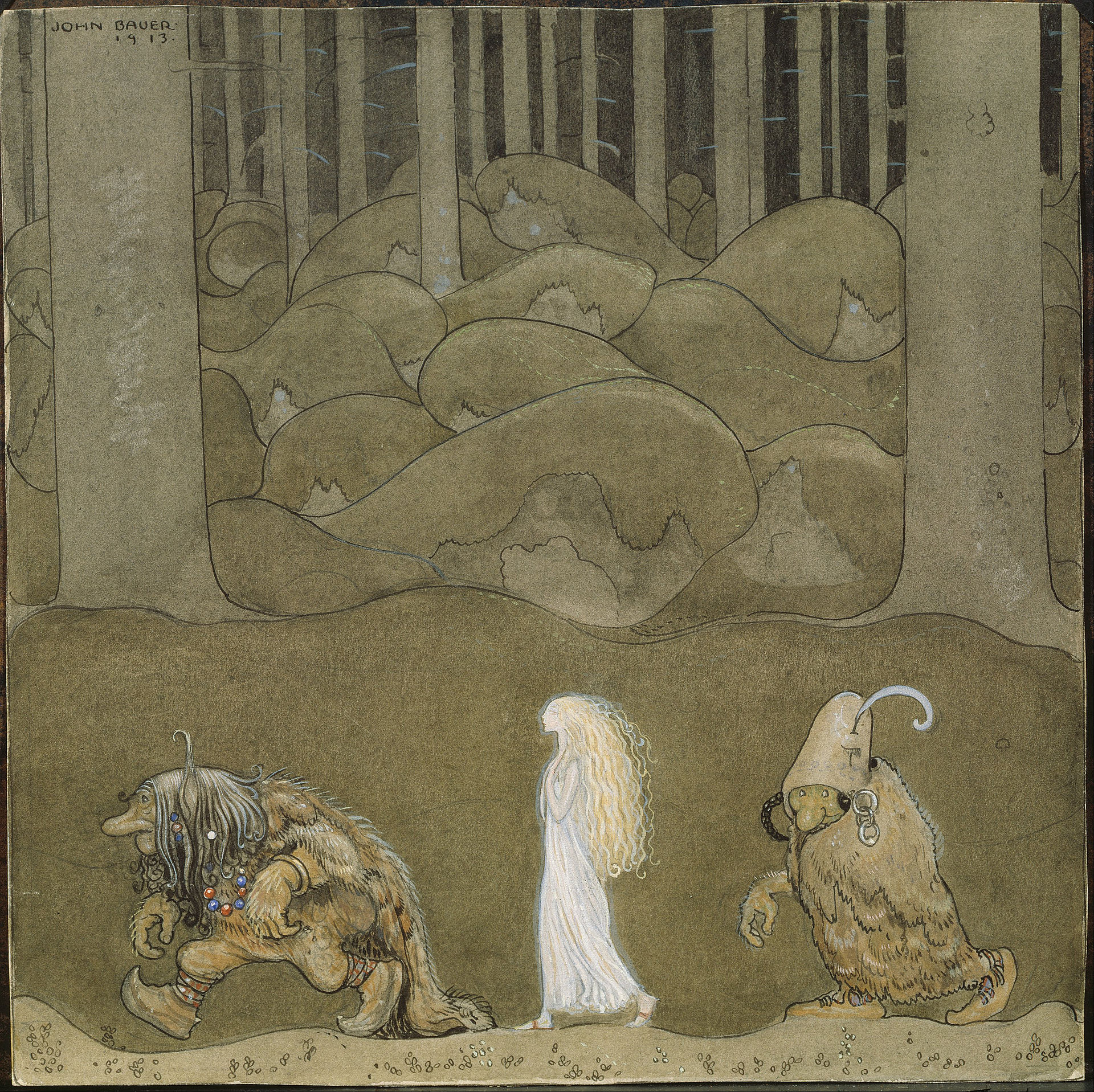
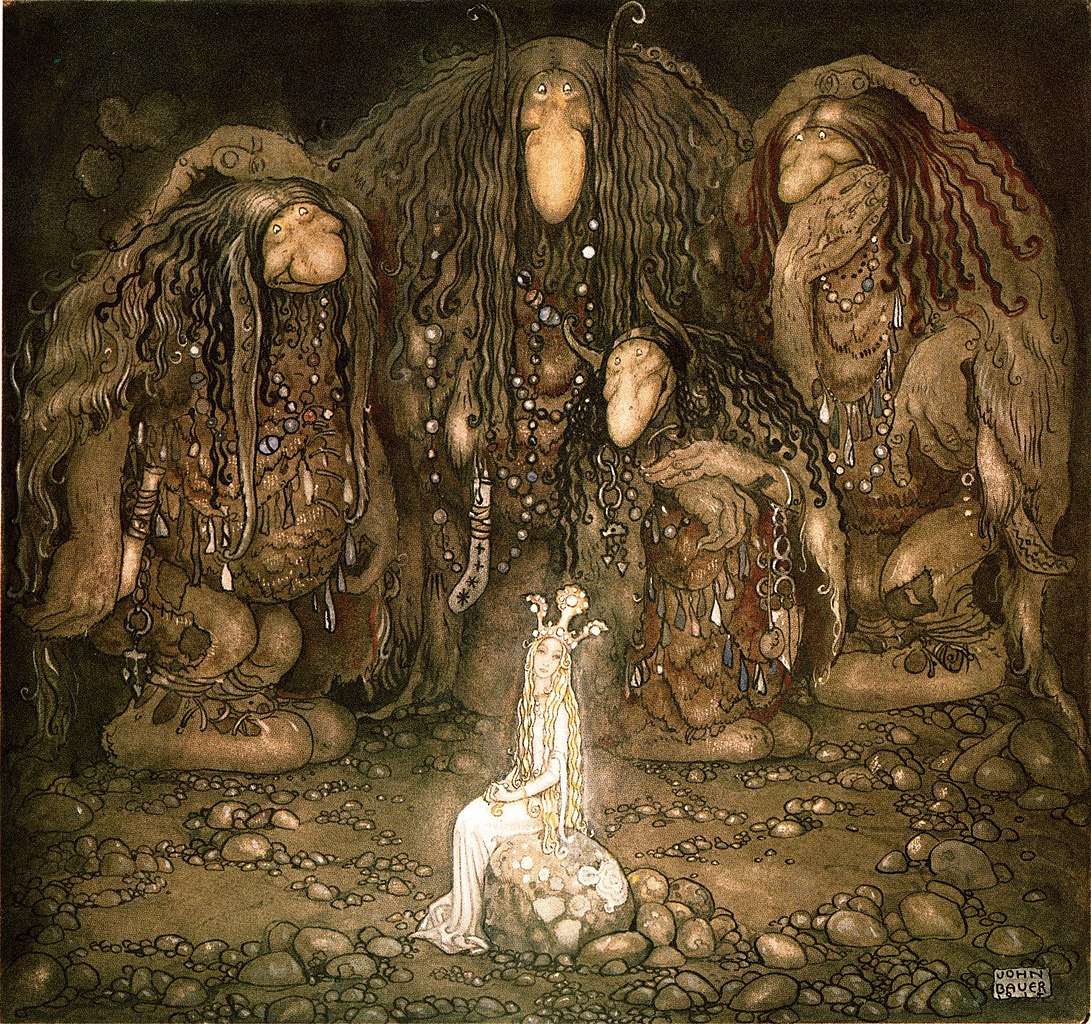
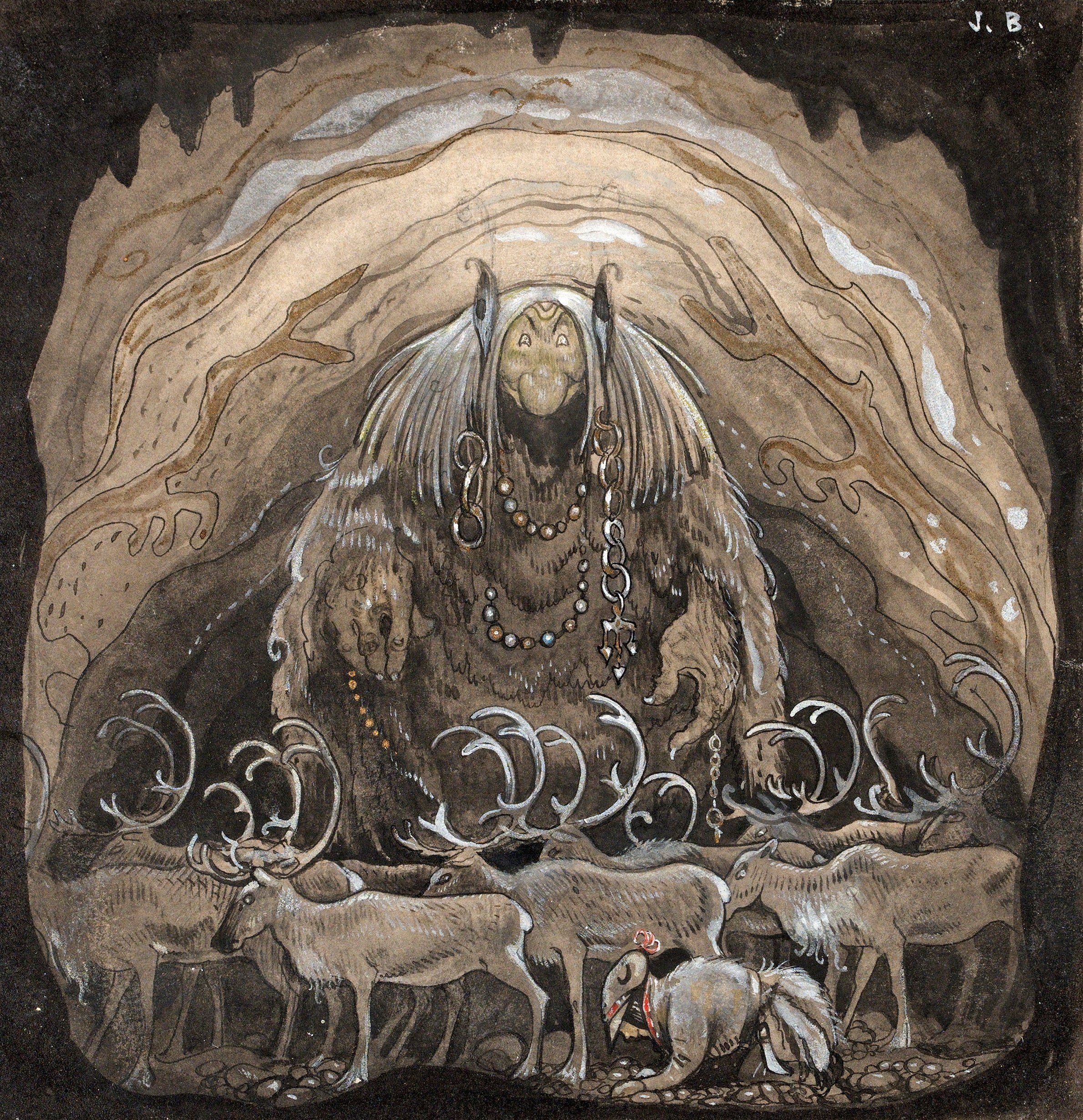
-
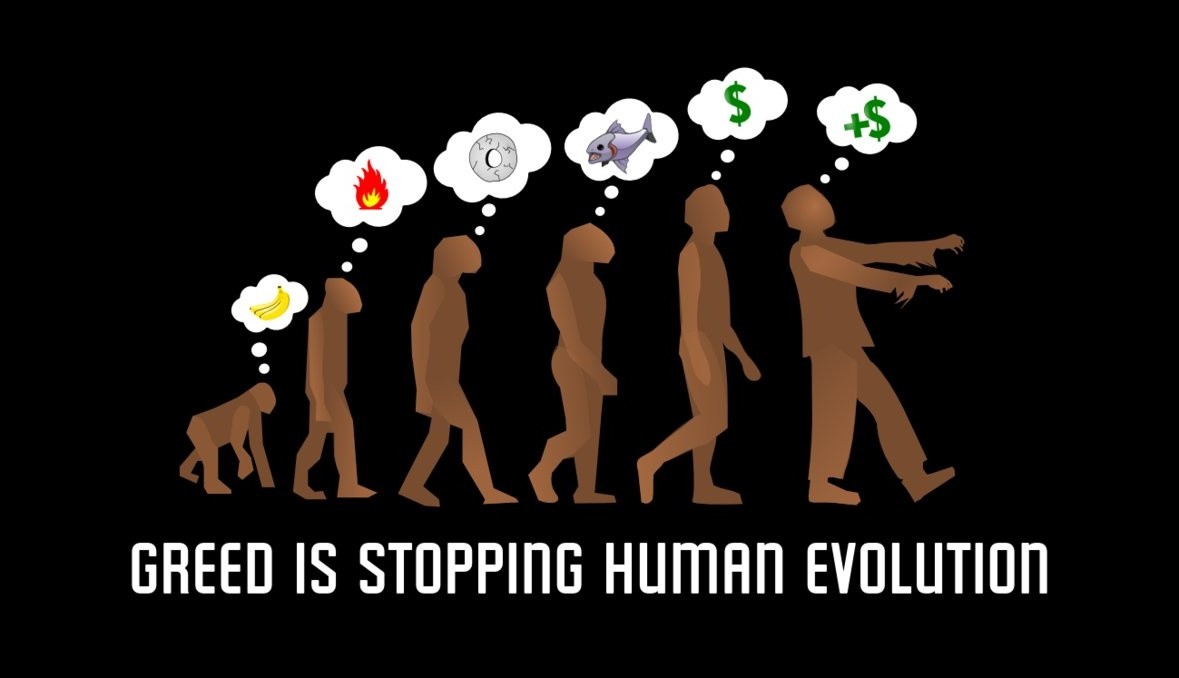
Why don't you dabble in NFTs yourself? Eno: I’ve been approached several times to ‘make an NFT’. So far nothing has convinced me that there is anything worth making in that arena. ‘Worth making’ for me implies bringing something into existence that adds value to the world, not just to a bank account. If I had primarily wanted to make money I would have had a different career as a different kind of person. I probably wouldn’t have chosen to be an artist. NFTs seem to me just a way for artists to get a little piece of the action from global capitalism, our own cute little version of financialisation. How sweet – now artists can become little capitalist assholes as well.
-
International negotiations on the regulation of killer robots failed - "US rejects calls for regulation'
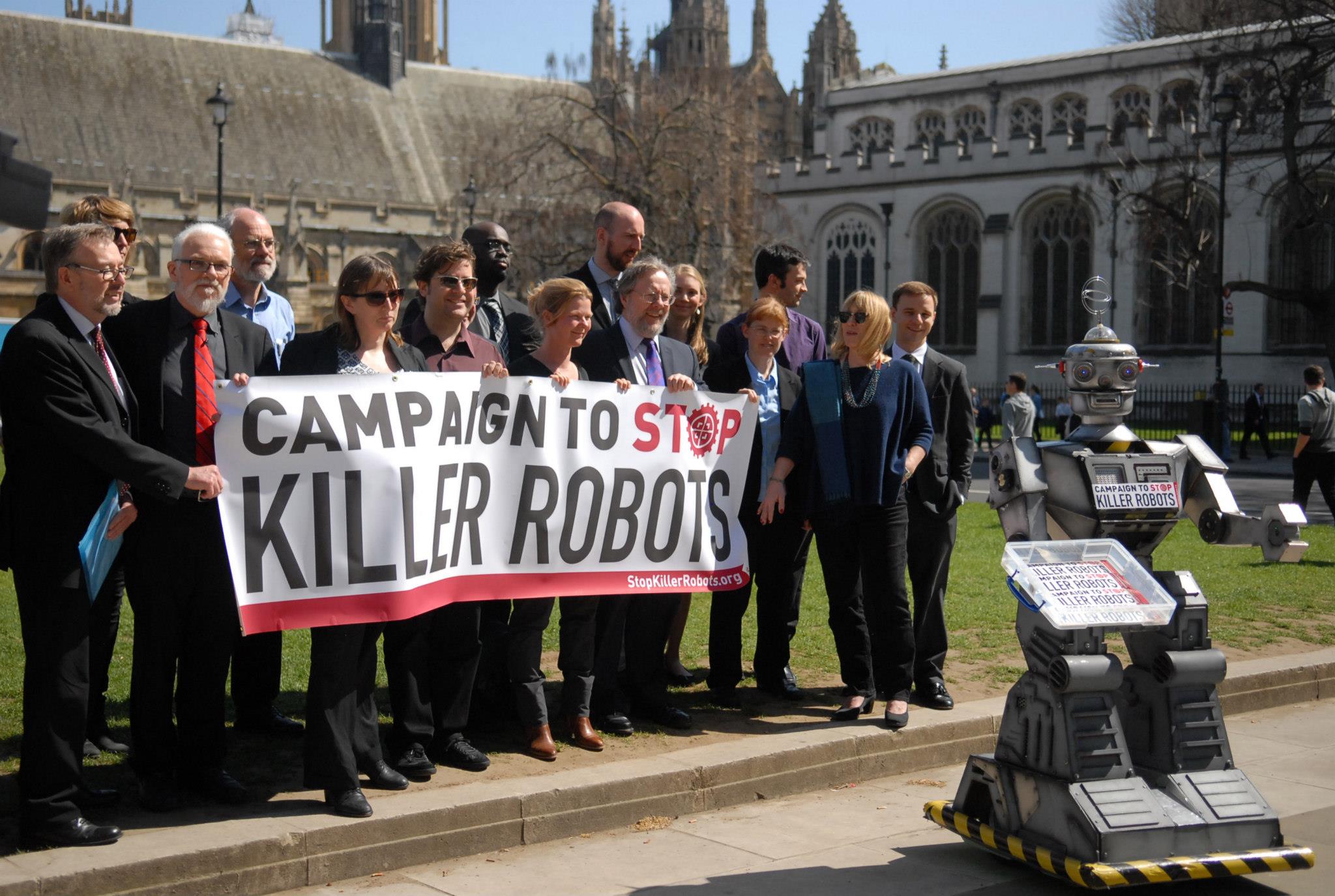
Following calls from the government of New Zealand for the adoption of international laws to prohibit and limit autonomous weapons systems, the United States has opposed such regulations. Speaking at a meeting in Geneva, US official Josh Dorosin maintained that America saw "the best way to make progress ... would be through the development of a non-binding code of conduct”. See as well this press-release.
#Comment: The entire Robotics & A.I Industry should be deeply ashamed of itself. Weapons are the true "killer app" of your tech. No wonder that the people involved act like soulless robots already today.
"If you're losing your soul and you know it, then you have still got a soul left to lose." - Charles Bukowski
-
This week we time travel to 1530 and Geneva
Text from François Bonivard (1493–1570), "Chronicles of Geneva", second volume, pages 395 - 402:
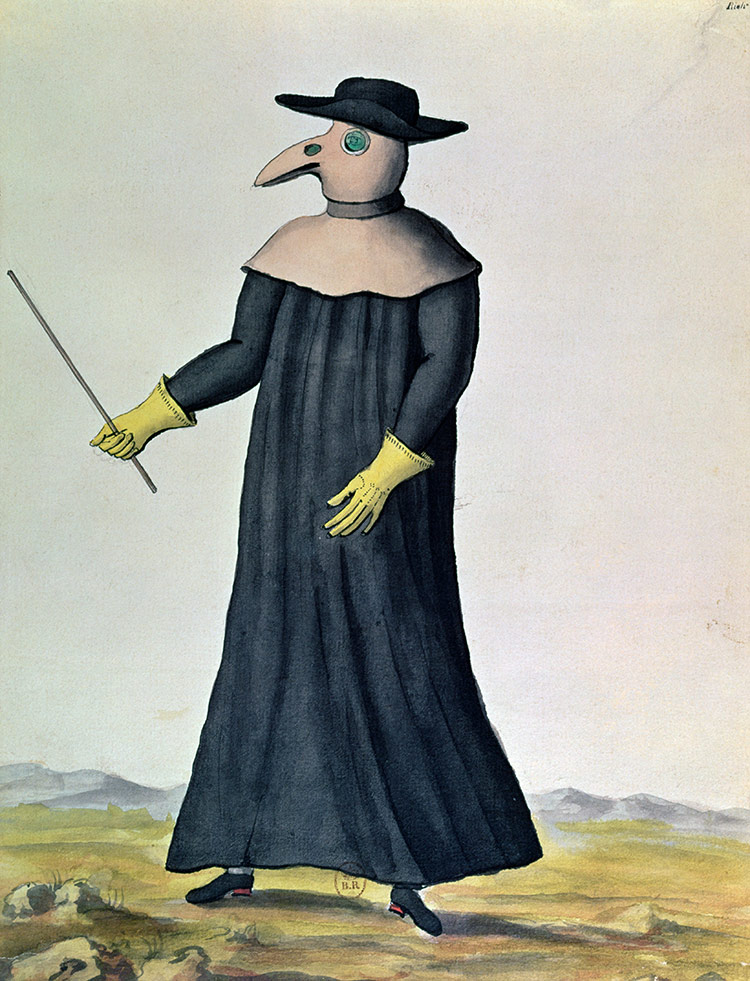
"When the bubonic plague struck Geneva in 1530, everything was ready. They even opened a whole hospital for the plague victims. With doctors, paramedics and nurses. The traders contributed, the magistrate gave grants every month. The patients always gave money, and if one of them died alone, all the goods went to the hospital.
But then a disaster happened: the plague was dying out, while the subsidies depended on the number of patients. There was no question of right and wrong for the Geneva hospital staff in 1530. If the plague produces money, then the plague is good. And then the doctors got organized.
At first, they just poisoned patients to raise the mortality statistics, but they quickly realized that the statistics didn't have to be just about mortality, but about mortality from plague. So they began to cut the boils from the bodies of the dead, dry them, grind them in a mortar and give them to other patients as medicine. Then they started dusting clothes, handkerchiefs and garters. But somehow the plague continued to abate. Apparently, the dried buboes didn't work well. Doctors went into town and spread bubonic powder on door handles at night, selecting those homes where they could then profit. As an eyewitness wrote of these events, "this remained hidden for some time, but the devil is more concerned with increasing the number of sins than with hiding them."
In short, one of the doctors became so impudent and lazy that he decided not to wander the city at night, but simply threw a bundle of dust into the crowd during the day. The stench rose to the sky and one of the girls, who by a lucky chance had recently come out of that hospital, discovered what that smell was.
The doctor was tied up and placed in the good hands of competent “craftsmen.” They tried to get as much information from him as possible. However, the execution lasted several days. The ingenious hippocrats were tied to poles on wagons and carried around the city. At each intersection the executioners used red-hot tongs to tear off pieces of meat. They were then taken to the public square, beheaded and quartered, and the pieces were taken to all the districts of Geneva.
The only exception was the hospital director's son, who did not take part in the trial but blurted out that he knew how to make potions and how to prepare the powder without fear of contamination. He was simply beheaded "to prevent the spread of evil".
Related: "Social Concern in Calvin's Geneva" - "Plagues, Poisons and Potions: Plague-spreading Conspiracies in the Western Alps, C. 1530–1640"
-
The Quarrel of Oberon and Titania - Art by Sir Joseph Noel Paton. Painted in 1849.
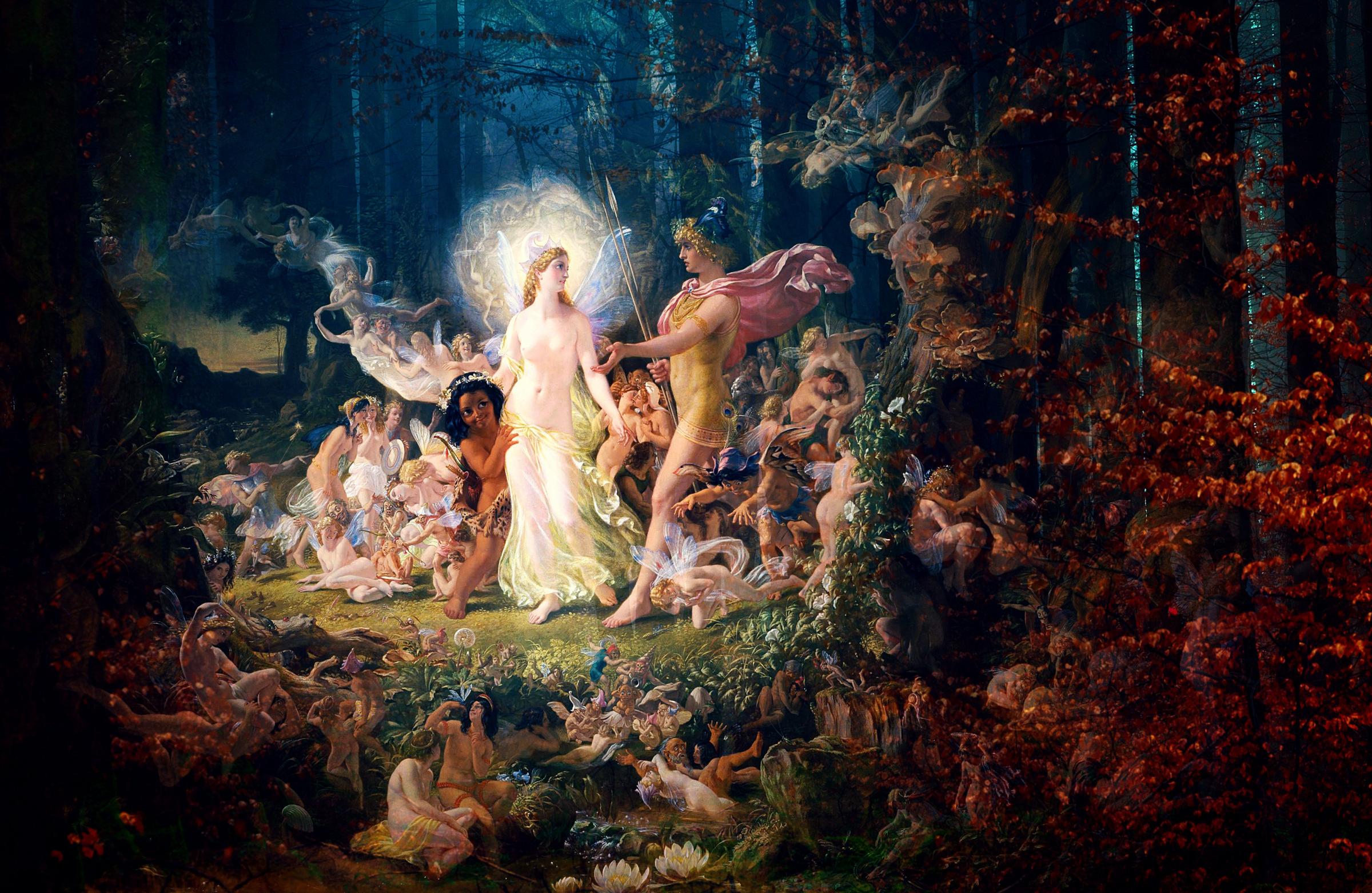
-
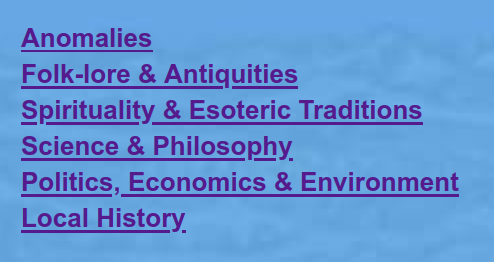
This website shares books, documents and links to other websites on subjects that I hope will cause us to question our most deeply held beliefs, world views , assumptions and our understanding of our relationship with the cosmos.

